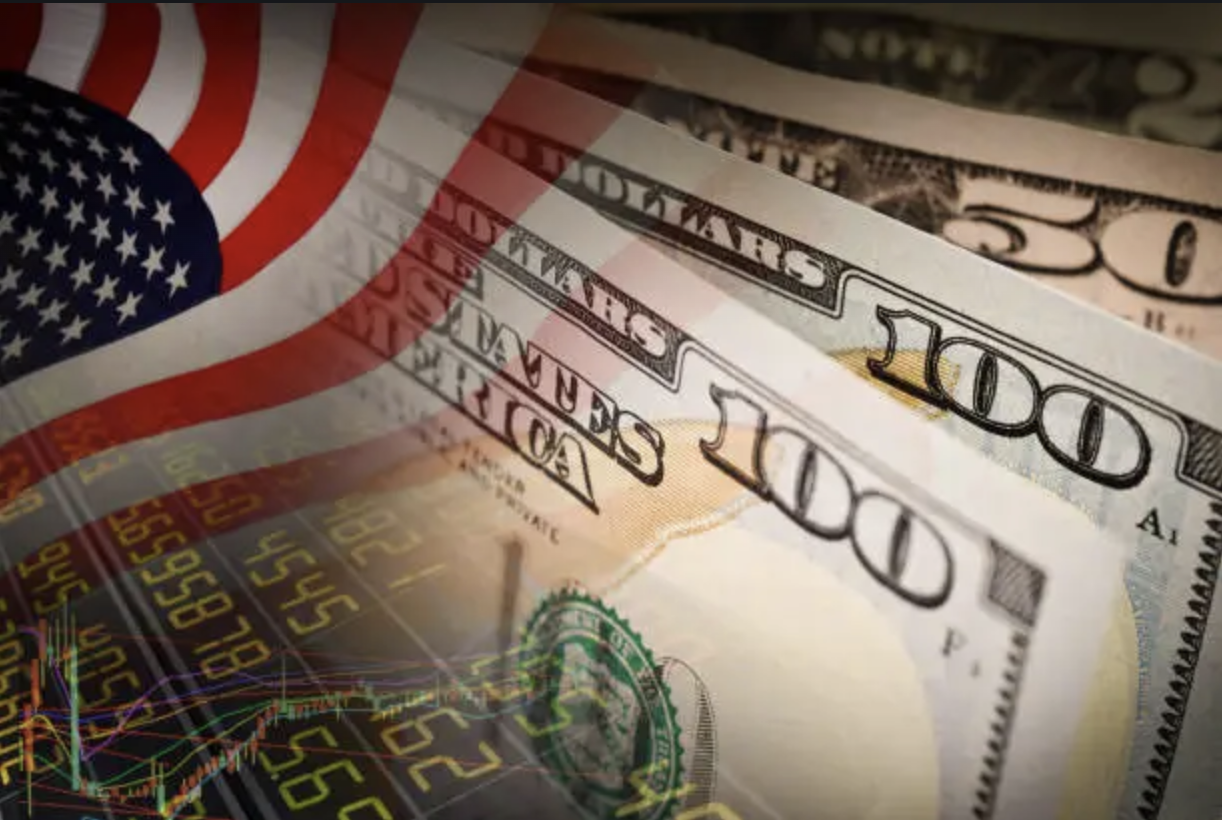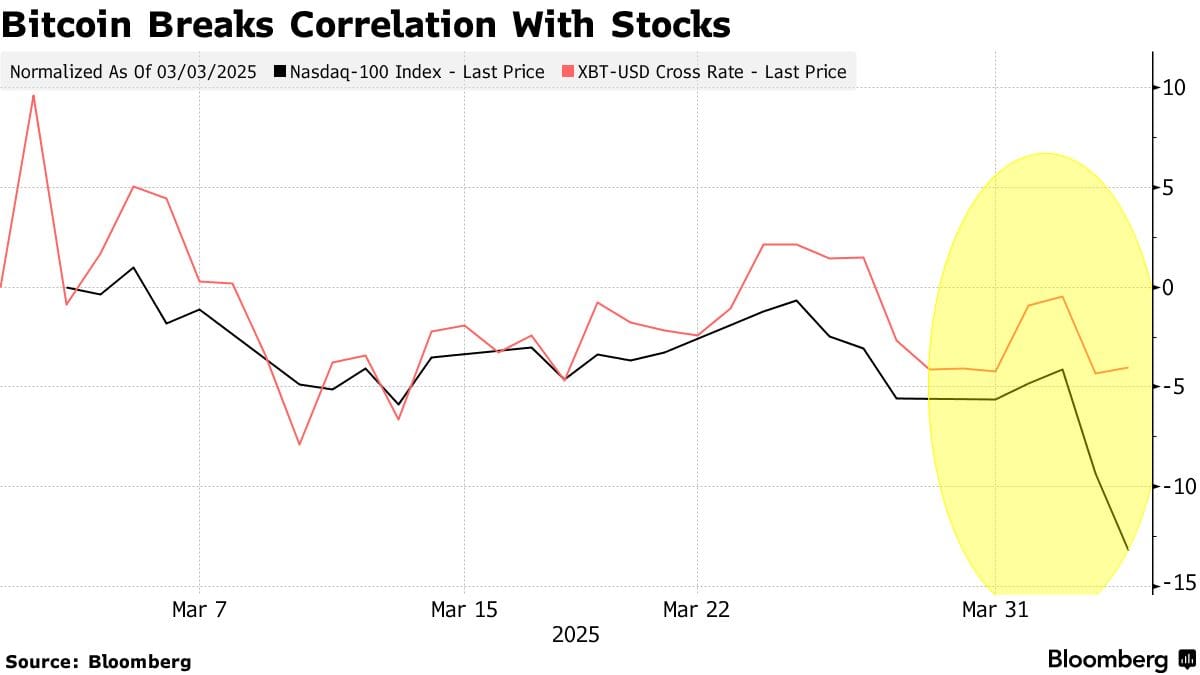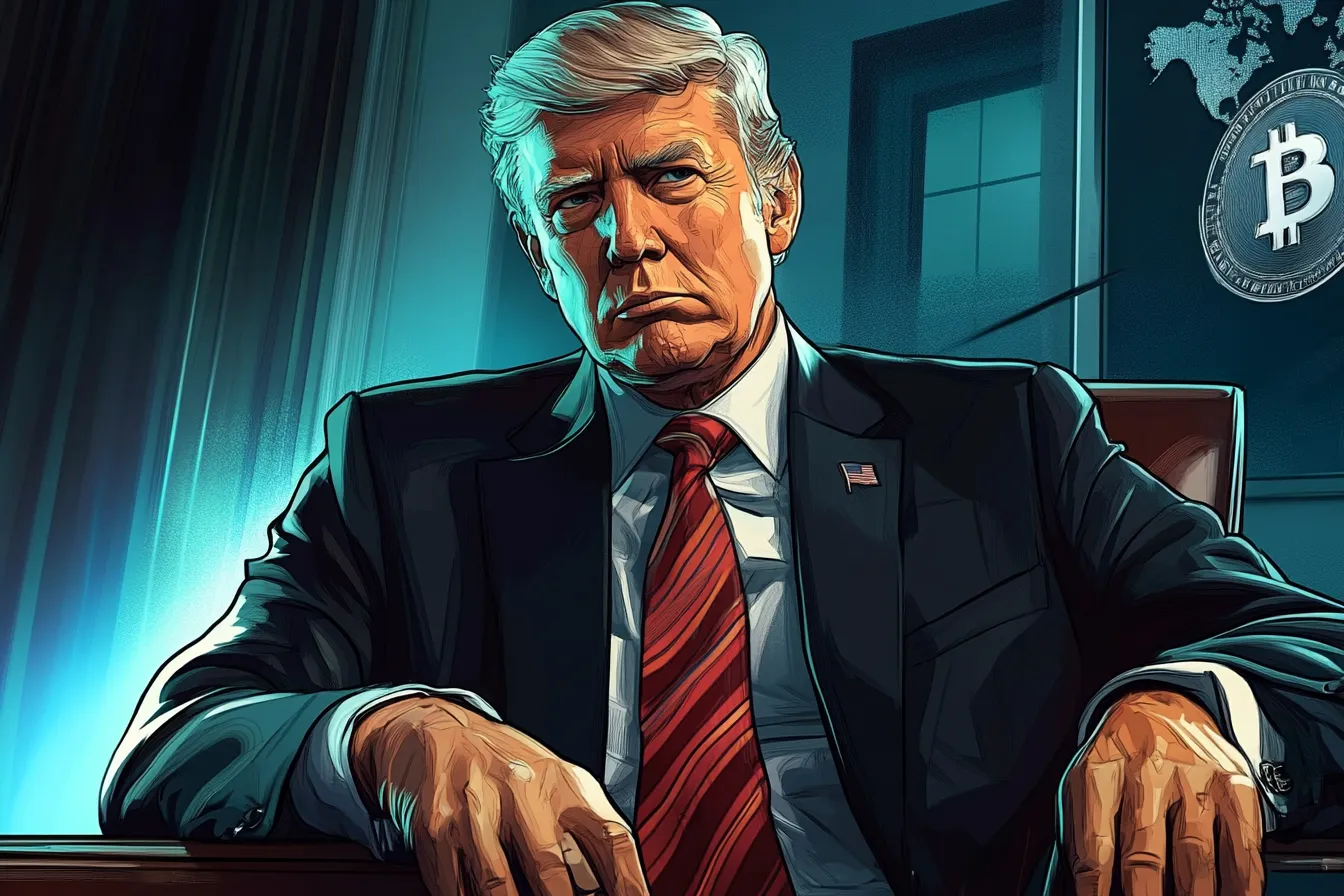Debt Crisis? All Because of the U.S.



Business organizations are frantically trying to hold on to their share of the pie as Republicans plot to bypass Senate procedure and declare a $4 trillion tax cut to be genuinely free, adding trillions of dollars to the national debt.
The lobbying community is gearing up to thwart a proposal that is gaining traction to limit a popular federal tax loophole that lets businesses claim local and state taxes as deductions.
As lawmakers seek methods to partially balance their massive tax package, a plan to limit or do away with the so-called C-SALT deduction — which should not be confused with the home game — is gaining support.
This has particularly irritated manufacturers, oil and gas companies, and life insurers.
This year, the United States government must refinance its debt, which amounts to about $7 trillion. It will cost a lot more money if interest rates remain high.
Interest paid on U.S. debt currently surpasses $1 trillion each year. It seems like rollover is most common between May and June. A huge load is the Federal Reserve's high rates.
Despite Trump's repeated requests, the Fed has not lowered interest rates.
The Fed meeting from April 30 to May 1 will be the following chance.
Does he now intend to handle things independently? Interest in government bonds has fallen as a result of the widespread fear of a trade war. The debt can be rolled over with that.
Crypto Bets Surge
Assets and businesses that are less dependent on foreign commerce are appealing to investors because they are more likely to withstand economic downturns and higher inflation.
This is where cryptos seem to be getting an edge.
The recent volatility in the financial markets has shown that Bitcoin is beginning to separate from the so-called correlation and the tech stock market's gravitational pull.
Since the worldwide COVID-19 outbreak, the original cryptocurrency's price has moved in lockstep with the Nasdaq 100 index, indicating a strong positive association.
However, that is fast breaking down in last week's stock crash. Bitcoin was actually up 1%, while the tech-heavy Nasdaq 100 fell for a second day following Trump's announcement of trade penalties late Wednesday.
A rebalancing of global power has major medium-term ramifications for the United States as a capital destination, and Trump's strong action has hastened a reevaluation of Bitcoin's long-term portfolio worth.

Anonymity and decentralization in the face of the global financial crisis gave rise to Bitcoin.
Digital currency is meant to be a safe haven when other assets go down. That's why a lot of people think the token is great for storing value, like digital gold.
Although the two-day variance is significant, it has been trading more similarly to other hazardous assets in recent years, and the correlation to equities, which is often calculated over longer periods of time to minimize short-term volatility, is still strong.
Taxes do not apply to Bitcoin and other cryptos, in contrast to many of the stocks in indices globally.
The markets may paradoxically witness a time of muted volatility in the space compared to everything else, now that Bitcoin is not caught in the crossfire of the global trade war and the present administration's actions have effectively pushed de-dollarisation.
After slamming the globe in the face, the US administration urged its victims not to retaliate.
It seems like someone in charge of the world's second-largest economy misunderstood, since in response to Trump's tariffs, they've imposed export curbs on rare earths and imposed corresponding taxes on all American imports.
On April 10, equalled the amount of Trump's so-called reciprocal tariffs on Chinese products by imposing a 34% tariff on all US imports.
In response to global preparations for a possible economic war with the United States, Chinese authorities unveiled other measures, piling on.
However, at the same time, several countries were getting ready to negotiate. Trump responded to Beijing's retaliation by claiming on social media that China had "panicked."
However, the party that is being viewed as reckless wasn't China.
Elsewhere
Blockcast
Inside the Crypto & AI-Powered Adult Playground with Oh's Nic Young
Ever wondered what happens when AI, crypto, and the adult entertainment industry collide?
This week, Blockcast delves into the developing space of digital interaction with Nic Young, CEO of Oh , a platform at the forefront of integrating artificial intelligence and cryptocurrency within the adult entertainment industry. Nic unpacks how Oh is building AI-powered digital companions, including realistic twins of creators, offering a personalized and uncensored experience underpinned by crypto transactions: "We felt that it was the perfect incubator... an industry that really needs crypto."
Blockcast is hosted by Head of APAC at Ledger, Takatoshi Shibayama . Previous episodes of Blockcast can be found on Podpage , with guests like Jacob Phillips (Lombard), Chris Yu (SignalPlus), Kathy Zhu (Mezo), Jess Zeng (Mantle), Samar Sen (Talos), Jason Choi (Tangent), Lasanka Perera (Independent Reserve), Mark Rydon (Aethir), Luca Prosperi (M^0), Charles Hoskinson (Cardano), and Yat Siu (Animoca Brands) on our most recent shows.

OSL to Power Staking for ChinaAMC (HK)'s Ether ETF, Following Hong Kong's Staking Green Light
Staking of the ETF's underlying Ether, facilitated by OSL, is slated to commence on May 15, 2025....

Accumulation, Further Dips Expected Before a Stronger Rally
Your daily access to the backroom....

DWF Labs Invests $25 Million in Trump-Backed WLFI
This investment coincides with DWF Labs' expansion into the United States, marked by the opening of ...

